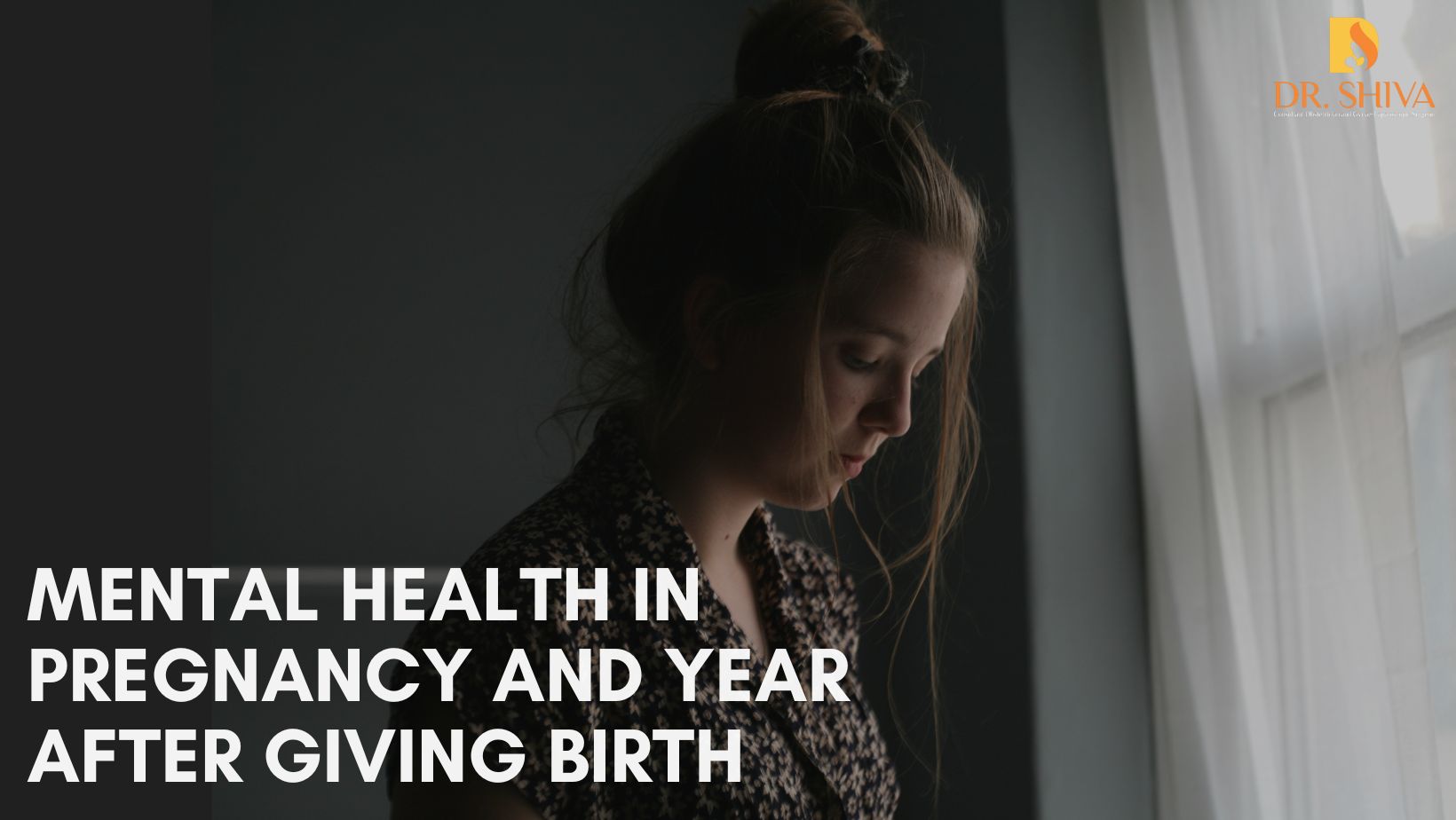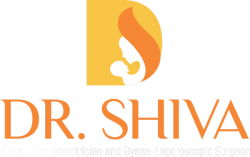
Pregnancy is an exciting stage for many but at the same time, it can be demanding. Some have mixed feelings, few others may have difficulty coping with the uncertainties of pregnancy.
Some of the factors a pregnant lady may worry about include
- Worry about the health of the baby
- Fear of childbirth
- Physical changes in their body
- Doubts on if you will be a good parent
- Pregnancy complications
- Their physical health
Anxiety and depression are common mental health problems in pregnancy.
If you are pregnant and had a history of mental illness you should notify your doctor even if you have been completely cured as pregnancy can trigger these issues. Mental health issues like OCD, and BPD may surface or worsen during this time. Some experience tokophobia which is an extreme fear of giving birth. Those who were having medications for mental health issues may have to stop taking their medications. This can make their problems worse. You will need to consult with your doctor to prescribe other optional medicines or smaller dosages that will be safer for the unborn baby.
Mental health after the birth of the baby–
One out of five women experience mental health issues after delivery of the baby. Most do recover but it can turn out to be serious to the mother and baby if not identified and treated on time. Some of them include –
Postpartum blues – This is common and found in more than 80% of new mothers. It is not a mental disorder but frequent mood swings that occur due to high fluctuations in hormones. Other symptoms include anxiety, crying spells, feeling overwhelmed, and difficulty sleeping. It occurs in the first three to five days after delivery and lasts only for two weeks. But if the new mother continues to experience it for a longer duration the issue can be serious.
Postpartum Depression – Hormonal fluctuations and stress are two major causes of PPD. The symptoms are like that of depression. It may seem like PPB but is more intense and extends longer. For some of the mothers, this may surface later, like after a year of giving birth. Some of the symptoms include depressed mood, anger, feeling hopelessness, crying frequently, feeling detached from the baby and family, panic attacks, thoughts of death or harming the baby, and fatigue. Treatment requires a combination of medication along with counselling. Anti-depressant medication provided will not have any effects on breastfeeding babies.
Post-Partum psychosis – It is extremely rare and seen only in one-tenth of 1 percent of new moms. Symptoms include hallucinations, obsessive thoughts, disorientation, delusion, refusal to eat, paranoia, and thoughts to harm yourself and your baby. Once identified the new mother will have to be admitted to the hospital and discharged only until fully stable. Chances are it may repeat in the next pregnancy.
OCD and BPD – If you have had it in the past chances are it will surface again. Keep a check on it and once identified try to get the treatment for it as soon as possible.
Post Natal Post-Traumatic Stress Disorder related to birth – After delivery, some experience PTSD. It can be caused because of experiencing traumatic events during childbirth like long, difficult, and painful delivery, unplanned c sec, and delivery not happening as expected. This can affect the relationship with the baby and develop distrust and anger toward the team that handled the delivery. Some of the symptoms include nightmares, flashbacks, anxiety, detachment from the baby, bad memories of giving birth, and sadness.
How to take care of yourself after childbirth?
Though most of your attention will be on your baby keep in mind to take care of yourself and have proper rest. Allow someone to take care of your baby for some time if possible.
- Have a healthy diet.
- Stop drinking and smoking
- Exercise or Walking
- Let the family help the new mother with chores and give them time to rest.
- Do meditation, and sleep well.
- Have fish oils, Omega fatty acids that can help reduce anxiety in new moms.
- Have a lot of water
- Try to look for support and open up to your close ones or your doctor if you feel you need any assistance mentally or emotionally.
Support from family and spouse is of very high priority for the good mental health of the new mother and before pregnancy too.

Recent Comments